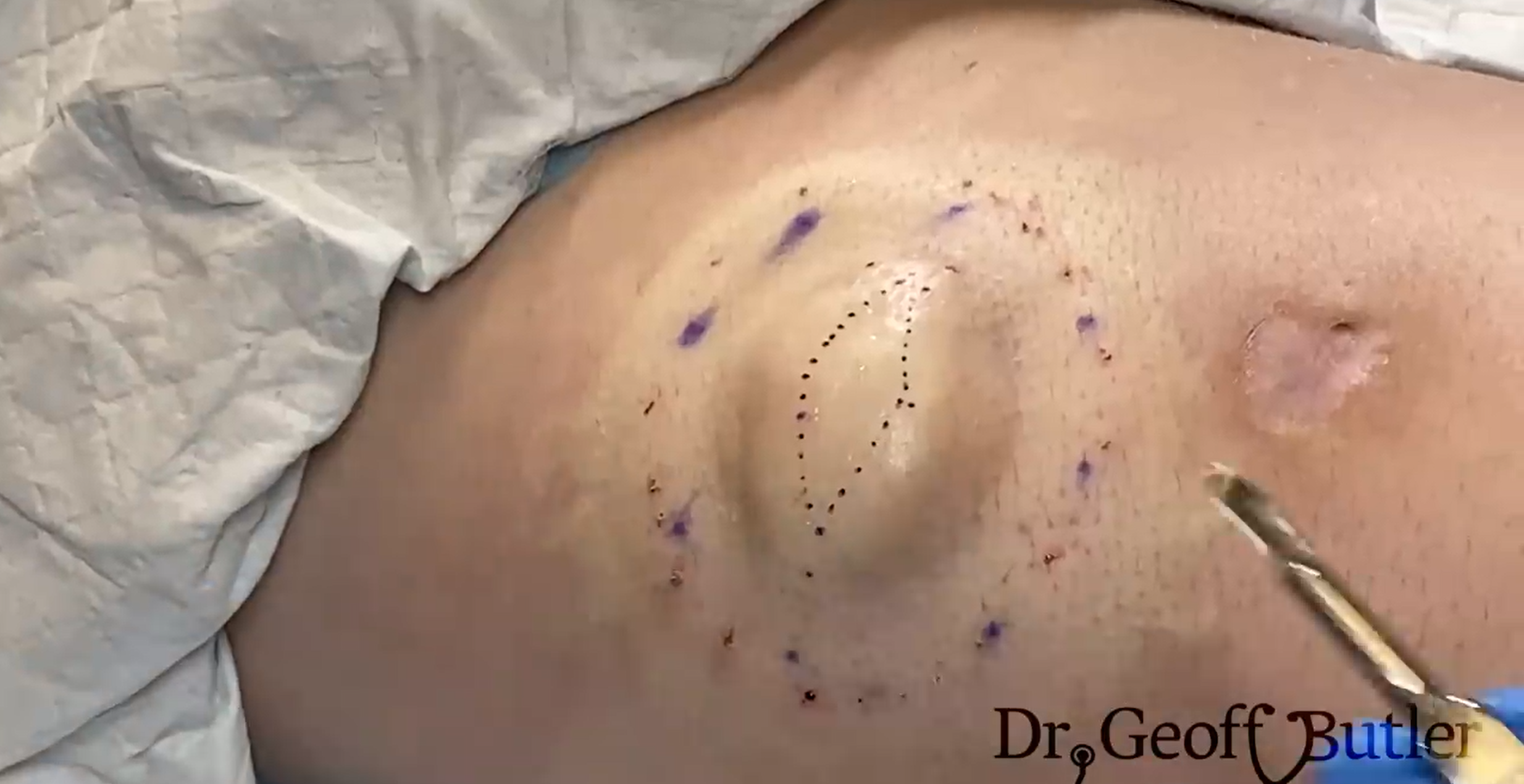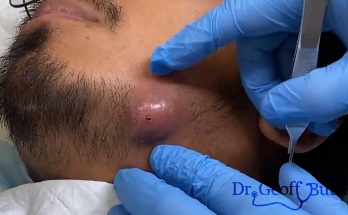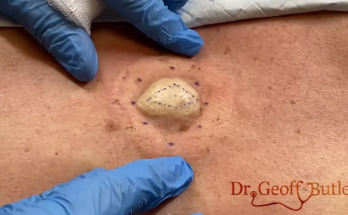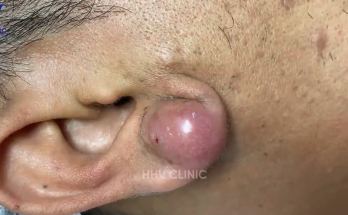
TREATMENT Removal of a large epidermal cyst on the back of the leg IS COMMITTED TO NOT RECURRING, NOT LEAVING SCARS
To effectively remove a large epidermal cyst on the back of the leg while minimizing the risk of recurrence and scarring, the following steps and considerations are essential:


